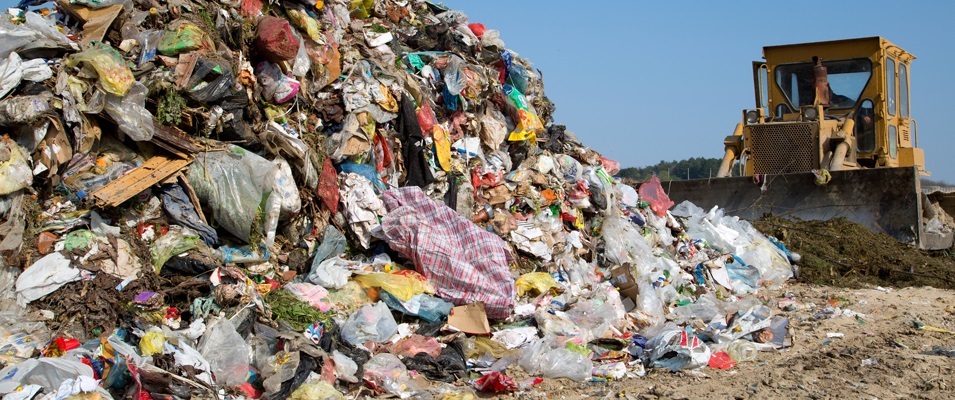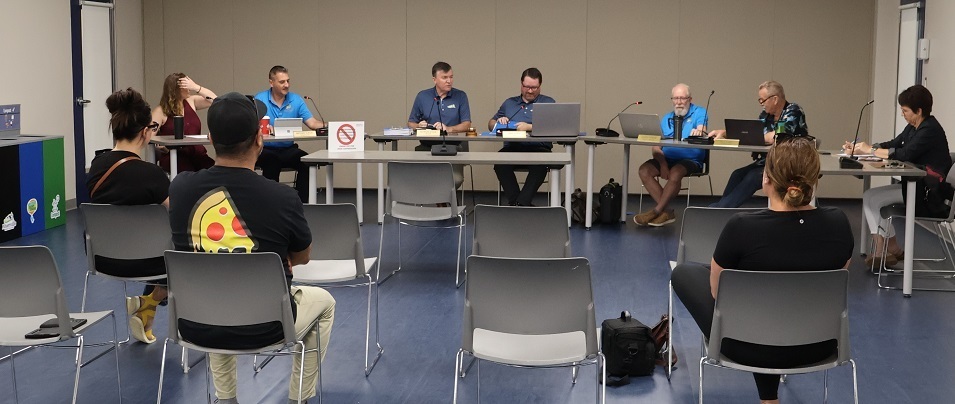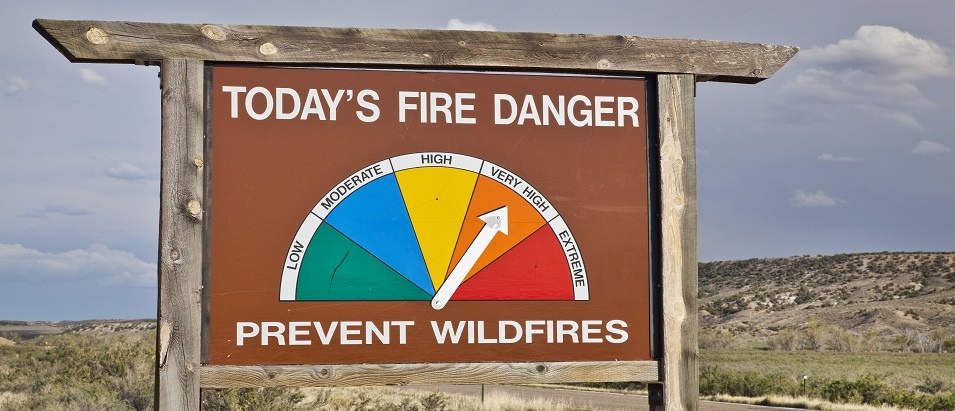
We’ve arrived at a time when global warming has become the most talked about issue in nearly every country around the world. At the same time, we’re witnessing the result of a century of natural resource mismanagement that threatens mankind’s very existence. Times like these require more than just good intentions and lip service. They require real solutions, right now, from every level of government and every living person.
Rural municipalities around Manitoba have been re-evaluating their impact on planet earth and are researching ways to change their direction in terms of waste management. This includes the 18 municipalities surrounding Winnipeg, which make up the Winnipeg Metropolitan Region (WMR). The reeves and mayors of these municipalities comprise the backbone of this organization, and it includes representation from both Niverville and Ritchot.
The leaders of the WMR believe that strength and innovative ideas come through collaboration, and they gather regularly to seek out creative solutions to the concerns the municipalities face.
One of the most pressing items on their current docket is waste management.
“We have to do something,” says Colleen Sklar, Executive Director of the Partnership of the Manitoba Capital Region. “[Manitoba has] the second lowest diversion rate in all of Canada, meaning we divert the least amount of waste from our landfills. Why do we not divert? Because there’s not [enough options].”
Waste management is the biggest contributor to greenhouse gas emissions in the region, from collection and hauling to off-gassing from waste disposal grounds. Recycling, too, leaves a massive footprint when products need to be shipped overseas for repurposing.
And now, since China stopped accepting the west’s recyclables in 2017, sorters are scrambling to find new manufacturers willing to accept their used products. Bales of recyclable materials pile up at many sorting facilities in North America, eventually getting trucked off to landfills as they become oversaturated.
“There’s got to be a better way than just gathering things up and landfilling them or shipping them away,” Sklar says.
In order to learn more, the WMR commissioned a study on waste management practices in the region. On January 17, mayors and reeves will hold a round table meeting to address the report and its recommendations.
What they can acknowledge at this point is that it’s a ubiquitous problem requiring large-scale solutions. Quite simply, it’s not cost-effective for each municipality to continue working on waste management independently.
In 2017 alone, the 18 municipalities within the WMR generated 702,000 tonnes of landfilled waste. One third of that waste is made up of organic materials, which includes branches, leaves, and household food waste. Only nine percent of our total waste is being composted, and only 18 percent is currently being recycled.
One of the WMR’s green action plan goals is to work toward diverting 60 percent of waste away from landfills. Finding better recycling options and capturing organics would make a significant contribution to the WMR’s diversion rate.
That, in fact, is just one of the concepts of a circular economy, a term coined in the late eighties. A circular economy attempts to mirror nature. In the natural world, all living things move in a constant cycle of life, death, and decay which feeds the earth and its organisms. When something dies, it aids in the rebirth of new living things. In nature, nothing goes to waste.
Humans, on the other hand, have created a linear approach to handling the earth’s resources: we take, we make, and we dispose. This results in the depletion of valuable natural resources at a pace that exceeds the earth’s ability to replenish them.
Many manufacturers produce saleable items with toxic components, such as electronics and plastics. When consumers are done with them, they end up in waste collection sites where greenhouse gasses flood into the atmosphere and toxic chemicals leach into the earth. Waste also finds its way into waterways, turning our oceans and lakes into toxic soups.
In a circular economy, the goods of today can become the resources of tomorrow, reducing our overuse of natural resources and keeping goods out of landfills longer. And it all begins with the relationship between the consumer and manufacturer.
The Ellen MacArthur Foundation is a charitable organization which was launched in 2010. Its mandate is to accelerate the world’s transition to a circular economy by introducing the model to decision-makers across business, government, and academia.
“Instead of the throw-away-and-replace culture we’ve become used to, we’d adopt a return-and-renew one, where products and components are designed to be disassembled and regenerated,” the foundation posits on their website. “One solution may be to rethink the way we view ownership.”1
In this new ownership concept, a manufacturer’s products always remain in the ownership of the manufacturer, who in turn leases or licenses the item to the consumer for a period of time. Another way of looking at it is to see ourselves as consumers of entertainment (in terms of TV sets), communication (in terms of cell phones), and light (in terms of lamps). The physical product itself never belongs to us.
When consumers come to the end of their interest in a product, they return it to the manufacturer for recycling or repurposing. The manufacturer then has a vested interest in using quality components and building products that are easily recycled into new products. Or they can create connections with other companies willing to buy their used materials and generate a secondary revenue stream. These products can be transported through the entire cycle using renewable energy solutions.
The manufacturer then has a vested interest in using quality components and building products that are easily recyclable into new products.
“Here we have a model that builds prosperity long-term, and the good news is there are already companies out there who are beginning to adopt this way of working,” says the Ellen MacArthur Foundation website. “But the circular economy isn’t about one manufacturer changing one product. It’s about all the interconnecting companies that form our infrastructure and economy coming together. It’s about energy. It’s about rethinking the operating system itself.”2
While this kind of thinking would require a complete global rethink, the foundation’s proponents believe that it is not only possible, it is imperative. As for the WMR, their aim for now is to take a moderate approach, introducing better waste management in the beginning and building in other areas of sustainability down the road.
“I think the idea of a circular economy is still far off [for us],” Sklar says. “What we do understand is our waste.”
The Netherlands is one of the first countries to fully embrace a circular economy. They’ve already committed to making a 100 percent shift to a circular economy by 2050. The Dutch government is introducing a national raw materials agreement to ensure that their economy will be running completely on reusable raw materials in just over 30 years’ time.
Sharon Dijksma, the Netherlands’ former Secretary of Infrastructure and the Environment, dedicated 27 million euros to improve waste separation, which will allow for better reuse and recycling of waste materials.
“We will need an additional planet if we continue to extract scarce raw materials from the earth at this rate,” Dijksma has said. “Currently, products often cannot be recycled or are even designed for short-term use only. We need to rid ourselves of this throw-away mentality. Fortunately, in the Netherlands we are champions in recycling, and… are making the shift to a circular economy a reality.”
Representatives from the Netherlands have been flown to Manitoba to speak to delegates of the WMR about their initiatives. Sklar is hopeful that, in the near future, these local delegates can visit the Netherlands and witness their innovations firsthand.
REFERENCES
1 “Rethinking Progress: The Circular Economy,” The Ellen MacArthur Foundation. Date of access: December 28, 2018 (https://www.ellenmacarthurfoundation.org/circular-economy/concept).
2 Ibid.
3 “A Circular Economy in the Netherlands by 2050,” Invest in Holland. Date of access: December 28, 2018 (https://investinholland.com/a-circular-economy-in-the-netherlands-by-2050/).



















